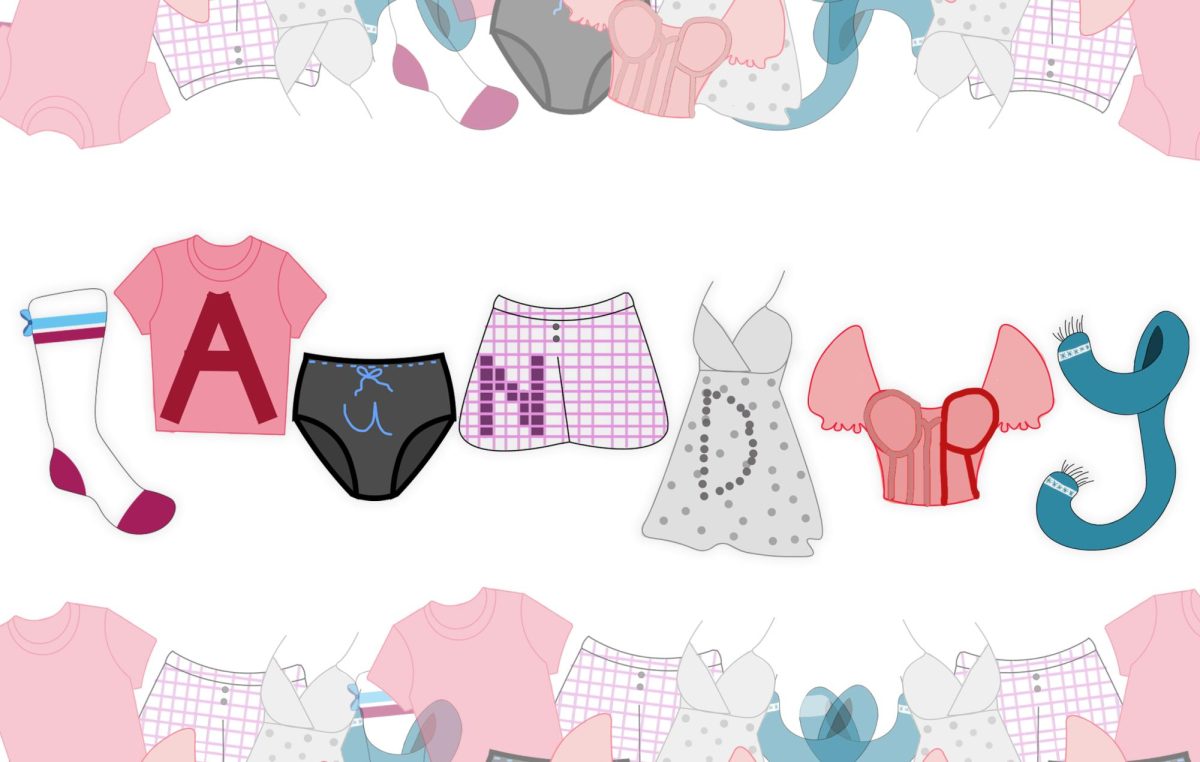Most of us throw our clothes in our laundry baskets after one wear. For certain garments, this is warranted, but not for every piece of clothing.
Whether it’s socially driven, personal preference or just laundry day, you’re probably washing your clothes too much. Washing your garments less can save you a significant amount of time and energy, positively impact the planet and promote the longevity of your wardrobe.
Why do we wash our clothes so much in the first place?
Ultimately it comes down to hygiene, cleanliness and easy access to a washing machine.
Of course, undergarments and other garments in close contact with your skin should be washed after every wear to stop the growth of bacteria, but the same can’t be said for items like jeans, sweaters and jackets.
Check out this guide that shows a general timeframe for what garments should be washed and when.
Research from the Chalmers University of Technology shows, “Consumers are more likely to be driven by disgust than their concern for the environment when it comes to laundry.” The same studies showed 11% of participants felt pressured to wash their clothes due to societal factors, and 18% believed washing their clothes less would have no impact on the environment.
According to a study, 25% of the carbon footprint of a piece of clothing comes from how consumers take care of it. Another study by Levi’s found that for their 501 jean, “the consumer care phase is responsible for 37 percent of its carbon footprint, as well as 23 percent of total water consumption.”
Washing clothes less equates to less electricity usage, less water usage and less water pollution. According to Vogue, typical items that tend to be overwashed are jeans and wool garments that can be spot-cleaned.
Laundry is also a top source of microplastic pollution, and with every wash, the microfibers, which contain fabric dyes, anti-wrinkle agents and fire retardants, in our clothing are being released into the air, soil and water.
Some ways to prevent the release of microfibers when washing your clothes are to do laundry less often, use cold water, use less laundry detergent and dry clothing on a clothesline.
Washing your clothes less also promotes the longevity of garments. “Over-washing contributes to shrinkage, color fading and quicker deterioration of clothes,” said Dr. Sonali Diddi, a professor of design and merchandising at Colorado State University. “With a decrease in quality of clothing manufacturing and over-laundering, more clothes end up in landfills quicker.”
Simple changes in our laundry routines can have a major impact on the planet and the lifespan of our clothing, which is especially important as overconsumption becomes more prevalent. From energy savings to clothing preservation, doing our laundry differently is a small way to make a difference.
Support Student Media
Hi! I’m Kayla Friedman, A Magazine’s editor-in-chief. My staff and I are committed to bringing you the most important and entertaining news from the realms of fashion, beauty and culture. We are full-time students and hard-working journalists. While we get support from the student media fee and earned revenue such as advertising, both of those continue to decline. Your generous gift of any amount will help enhance our student experience as we grow into working professionals. Please go here to donate to A Magazine.


















